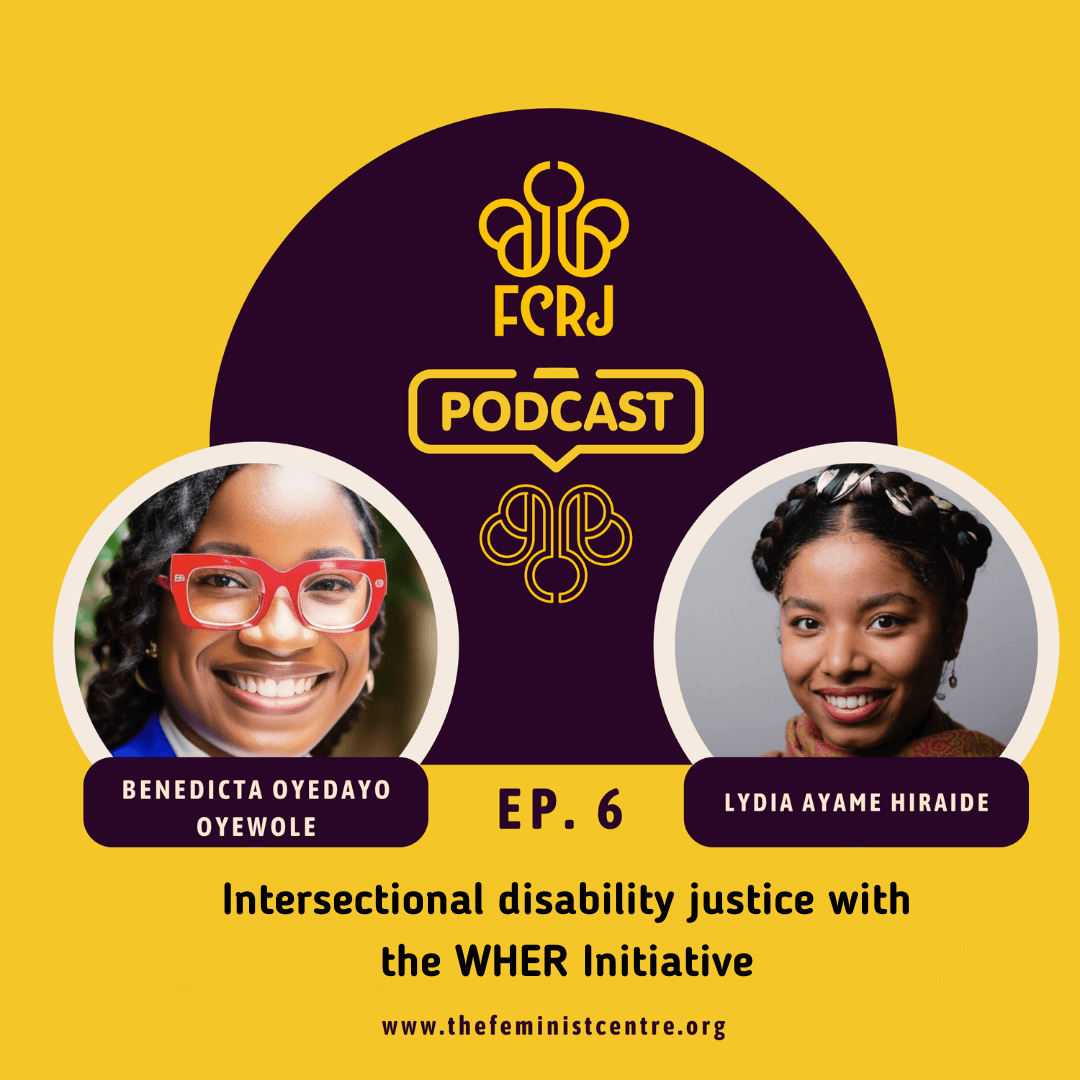
Episode 6:
Benedicta Oyèdayọ̀ Oyèwọlé, WHER
Tuesday, 6th February, 2024
FCRJ Podcast › 2: Phumi Mtetwa, JASS
In this episode FCRJ Director Awino Okech speaks to activist and Phumi Mtetwa, from Just Associates (JASS). The conversation covers feminist popular education, activism and academia, the August 2023 JASS Movement Building Schools, and what’s been cooking in the global body politic.
Interviewer: Awino Okech
Guest: Phumi Mtetwa
Produced by: The Feminist Centre for Racial Justice
Recording, editing, transcription, design: Ellan A. Lincoln-Hyde
Music: Broken RNB Instrumental by The Audio Way, freesound.org